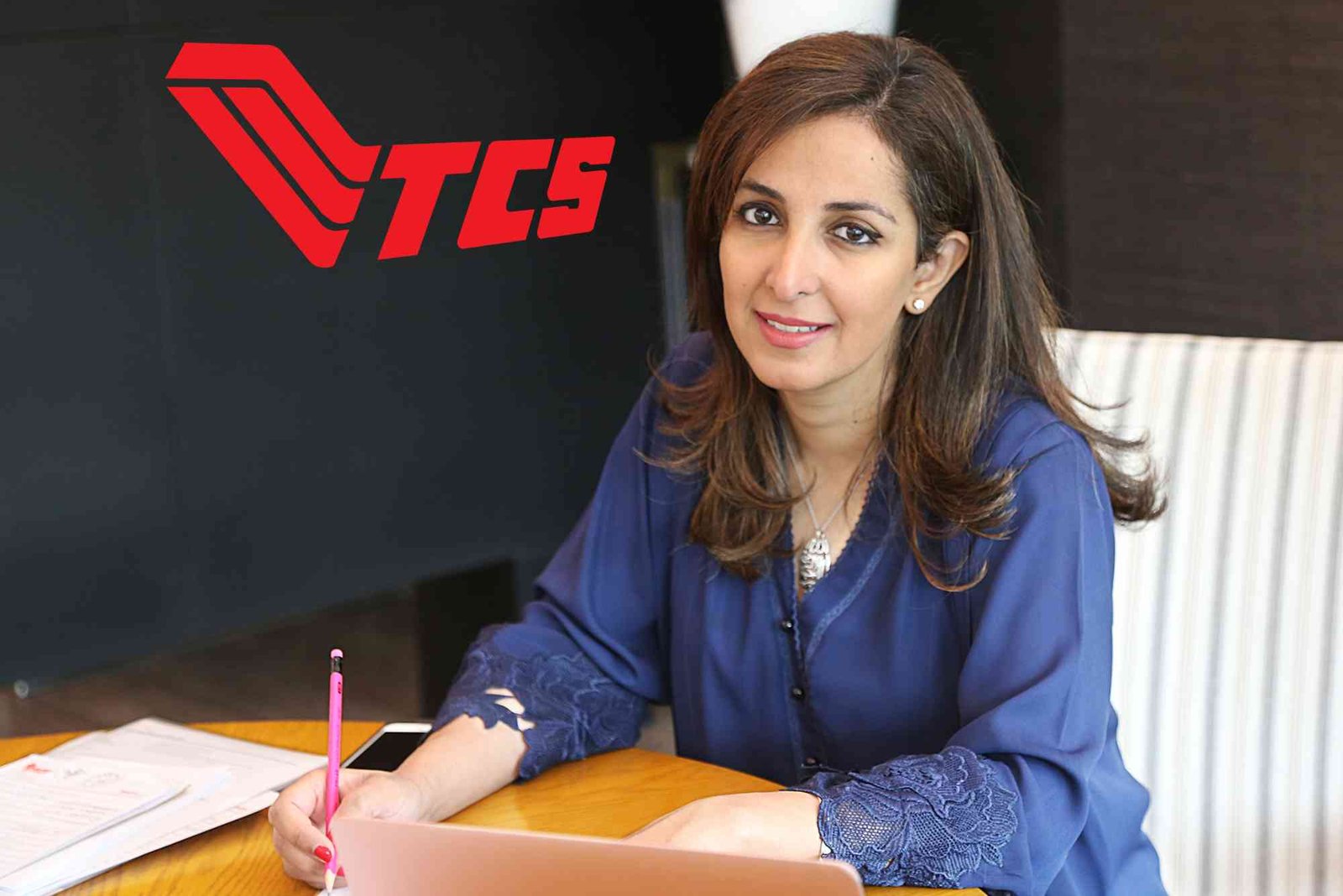Understanding Landlord Maintenance Costs
Owning a rental property can be a profitable investment, but landlords must account for ongoing maintenance expenses to preserve property value and tenant satisfaction. Maintenance costs vary depending on property type, location, and lease agreements. A well-maintained property attracts reliable tenants and minimizes unexpected repair costs, making it essential for landlords to budget for routine and emergency expenses.
Regular maintenance ensures compliance with local housing laws and standards. For instance, in Dubai, landlords must adhere to guidelines set by the “Dubai Land Department,” which oversees property regulations and ensures landlords meet legal obligations. Understanding these costs can help landlords manage their properties effectively while maintaining long-term profitability.
Common Maintenance Expenses for Landlords
Routine Repairs and Preventative Maintenance
Routine maintenance is an ongoing expense that landlords should expect. This includes servicing HVAC systems, plumbing inspections, electrical safety checks, and repainting walls to keep the property in good condition. Regular servicing of appliances, gutters, and roofing can prevent costly future repairs, ensuring a safe and functional environment for tenants.
Another crucial aspect is pest control. Regular extermination services help prevent infestations, which can lead to structural damage and tenant dissatisfaction. Preventative maintenance not only extends the lifespan of a property but also reduces emergency repair costs.
Emergency Repairs and Unexpected Costs
Even with routine maintenance, landlords must be prepared for unexpected issues such as burst pipes, electrical failures, or broken heating systems. These emergency repairs often require immediate attention to ensure tenant safety and avoid further damage.
Having an emergency fund for such repairs is essential. Without proper budgeting, landlords may find themselves facing sudden financial strain. A well-maintained rental unit reduces the likelihood of emergencies, but it is still important to plan for unexpected costs.
Legal and Compliance-Related Maintenance
In many regions, landlords are legally required to meet safety and building codes. Compliance-related costs can include fire safety inspections, smoke detector installations, and structural assessments. Regulations enforced by authorities such as the “Dubai Land Department” ensure that properties meet these requirements, reducing legal risks for landlords.
Ignoring compliance can result in fines or legal disputes, making it crucial to stay updated on property laws. Landlords should also monitor the “rental index” to keep track of market trends and ensure fair rental pricing.
Sustainable Upgrades and Energy Efficiency Improvements
Modern tenants are increasingly looking for energy-efficient homes. Landlords who invest in sustainability can reduce long-term maintenance costs while attracting eco-conscious renters. Installing solar panels, upgrading insulation, and using energy-efficient lighting can significantly cut down utility expenses.
Sustainable upgrades also enhance a property’s value, making it more appealing in competitive rental markets. Many governments offer incentives for energy-efficient improvements, providing landlords with financial support to implement green solutions.
Market Trends Influencing Maintenance Costs
The real estate market is constantly evolving, impacting maintenance costs for landlords. Rising material prices, labor costs, and stricter regulations can increase expenses. In highly sought-after rental markets, properties must meet higher standards to remain competitive, leading to increased upkeep costs.
Monitoring the “rental index” helps landlords understand market trends and set appropriate rental rates to cover maintenance expenses. By staying informed about industry shifts, landlords can better prepare for fluctuations in maintenance costs.
Tips for Managing Maintenance Costs Effectively
To optimize maintenance budgets, landlords should consider proactive strategies. Conducting regular property inspections helps identify potential issues before they become costly repairs. Setting aside a percentage of rental income for maintenance expenses ensures financial stability when repairs arise.
Working with trusted contractors and maintenance professionals can also help control costs. Establishing relationships with reliable service providers ensures timely repairs at competitive rates, reducing overall maintenance expenses.
Conclusion
Understanding maintenance costs is essential for landlords looking to maximize profitability while maintaining high property standards. Expenses such as routine repairs, emergency fixes, compliance-related maintenance, and sustainable upgrades play a critical role in property management.
By staying informed about regulations from the “Dubai Land Department” and tracking rental market trends through the “rental index,” landlords can make informed decisions and maintain successful rental properties.
For landlords and investors seeking more real estate insights, “All Top Trend” offers expert guidance on property management, emerging market trends, and investment strategies to help maximize rental property success.
Meta Title: What Maintenance Costs Should Landlords Expect? Guide 2024
Meta Description: Learn about landlord maintenance costs, including repairs, compliance, and sustainability upgrades. Get insights on budgeting and property management strategies.








